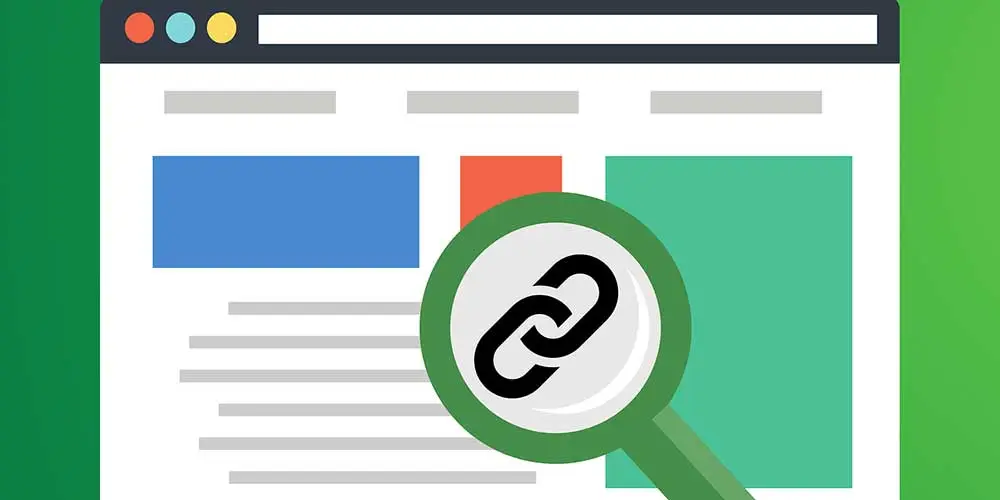
After posting some blog articles, have you found that your blog and/or some of your blog posts, cannot be found in when you search for them in Google? This is not an uncommon occurrence. Let us find out why this is happening and if there is anything you can do about it.
Possible Reasons Why Your Blog Articles May Not Appear in Google
Even though your website or blog home page may be indexed in Google, sometimes, you web pages, including your blog posts, may not be indexed by Google. That said, there are a few significant factors to acknowledge when it comes to Google crawling a web page vs indexing a web page.
What is Crawling a Web Page?
Crawling a web page refers to the process by which a web crawler follows links within a web page, that leads it to other web pages. This process is an effective way for Google to discover new web pages of content, such as text, images and videos.
What is a Web Crawler?
A web crawler, such as Google’s Googlebot, is a software program that “crawls” web pages. Web crawlers are generally referred to as spiders, robots, search engine bots or just simply “bots”.
Does Google Crawl All Websites?

Google provides no guarantees that they will crawl and index any particular website or web pages within a website. That is because Google has resource limitations and as such, Google must use a number of factors (backlinks, domain authority, popularity in terms of the number of page views, etc.) to determine which web pages it should crawl, in what order to crawl those web pages and how frequently they should crawl the web pages.
This brings us to the concept of crawl budget.
What is Crawl Budget?
Crawl budget describes how many pages Google has decided to crawl with respect to a particular website, on a daily basis. That said, Google has stated that crawl budget does not generally affect smaller websites, which it defines as those with fewer than a few thousand pages.
What is Indexing a Web Page?

Indexing a web page is the process by which information from a web page is stored, organized and analyzed. Indexing also involves assessing any connections between web pages and can even assist in determining how a search engine crawls web pages.
Keep in mind that when a website has too many low quality pages of content, this can be detrimental to that website’s crawling and indexing.
A Few Possible Reasons Why Google is Not Indexing Your Blog Posts
So, without further ado, here are a few possible reasons why Google may not be indexing your blog posts.
Erratic Blog Post Publishing Schedule

Among the most common reasons for a blog post not getting crawled and indexed by Google, is when some posts have not been published on a consistent schedule. When blog posts are published on a regular basis (i.e the 1st and 15th day of every month), this can encourage Google to crawl your web pages more regularly.
No Sitemap or Sitemap Not Submitted to Google

A sitemap is a type of file that provides information about the web pages and other files within a website and how they are related. Sitemaps generally help Google and other search engines, to more efficiently crawl a website because it conveys important information (date of most recent updates, etc.) about those pages and files.
Therefore, it is recommended that you not only have a website XML sitemap, but submit that XML sitemap to Google via Search Console, especially after publishing a new blog post or any web page updates.
No Links to the Blog Post

It is important to make sure that whenever you write and publish a blog post, it is linked to from other posts or pages within your website. If not, you could be making it less likely for Google to discover your latest and greatest blog post.
There could be other factors here at play which might be why your blog posts are not getting crawled and indexed, but these are among the most common reasons.
Problematic Content
Sometimes even though Search Console may confirm that a blog post is indexed and crawlable, you still will not see it in the Google results pages. This can occur when your post has low quality (spammy) content such as keyword stuffing, or if you are using duplicate content.